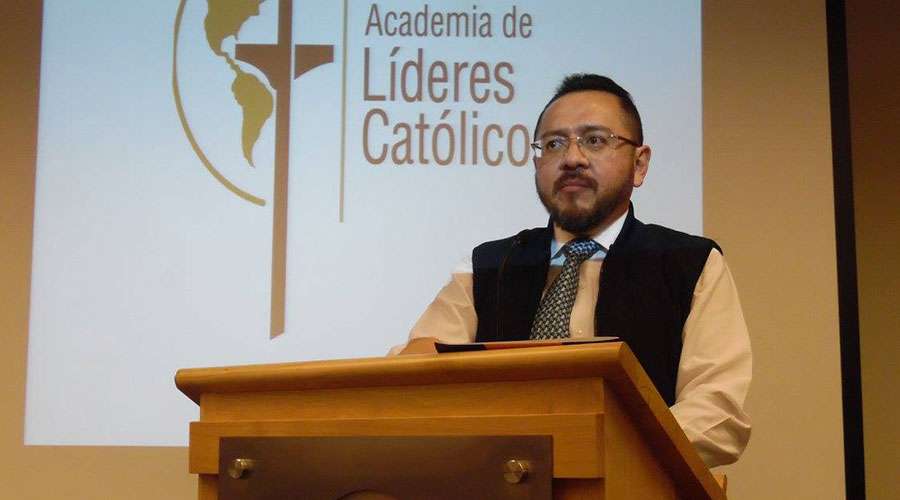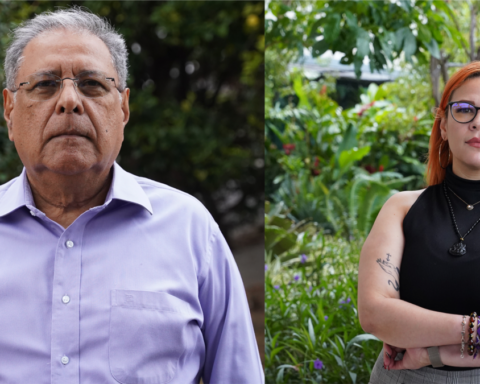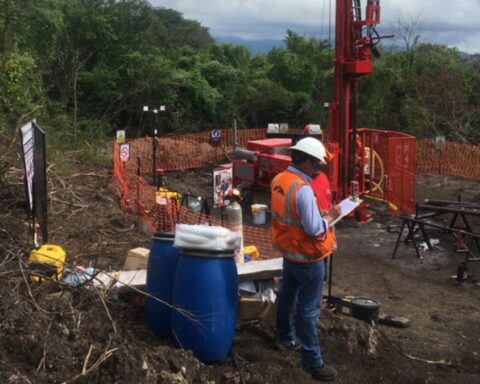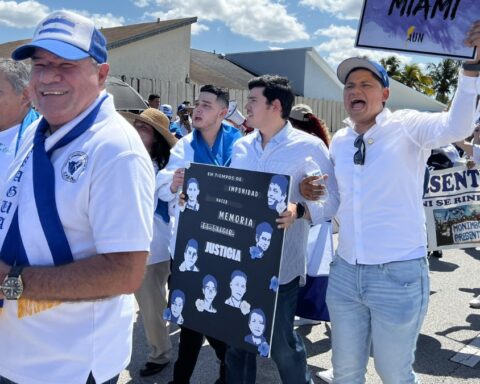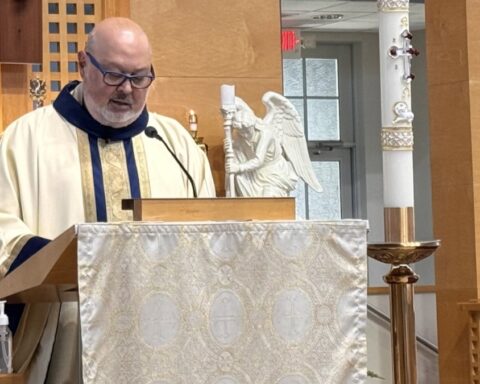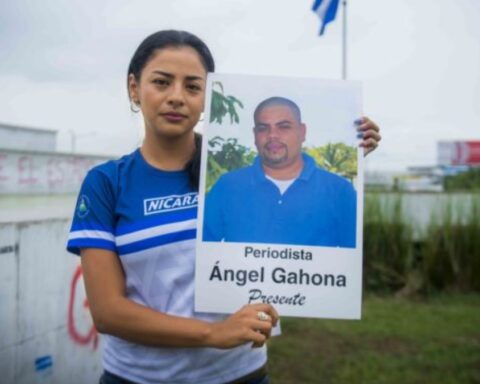The secretary of the Pontifical Commission for Latin America, the Mexican theologian Rodrigo Guerra, told the Spanish Catholic press that Pope Francis is “greatly concerned” about the situation in Nicaragua because “it is the people who are suffering.”
“It is true that the situation (in Nicaragua) has a component of persecution of the Catholic Church, but we must not forget the more general context, that there is a set of freedoms suppressed for all people and all voices that disagree with the official discourse” said the Holy See official.
In recent days, Guerra has become the unofficial spokesman for the Holy See on the Nicaraguan issue. He revealed that there was a “diplomatic operation” involving Leopoldo Brenes, Archbishop of Managua and himself, among other people, to find a solution to the religious persecution unleashed by the dictatorship of Daniel Ortega and Rosario Murillo against the Nicaraguan Church.
“In complex scenarios such as the one that Nicaragua is experiencing today, the Church usually acts on at least three simultaneous levels: the first is that of declarations or the absence of declarations. This is where the Pope’s silence for several days is inscribed. Declarations have their role, their importance. However, they are not the ones that build agreements that often have to be done slowly, finding areas of opportunity and always seeking to preserve that the people are not sacrificed, “explained Guerra on the television station of the Spanish Episcopal Conference (CEE).
Related news: Monsignor Báez: “We must ask for freedom, not negotiate with people, because they are innocent”
Guerra explained that “the agreements” are made in the second dimension -the diplomatic- in which the Church works in complex situations such as those in Nicaragua.
“Discreet, effective diplomacy, which does not advance at the speed of Twitter but advances slowly and more so when there is a truly complicated situation like the one that Nicaragua is experiencing today because reality is very tense. Not only with the Church, but with all the free media and with the opposition parties”, pointed out the Mexican theologian.
The third dimension in which the Church works in contexts such as Nicaragua is “charity and solidarity,” said the Vatican official.
“It is very important to understand that Pope Francis is trying to help us all, from all angles of political engagement, to rediscover the importance of dialogue and encounter for the resolution of controversies. Because opting for exalted statements from one side or the other normally leads to undesirable situations of violence,” Guerra stressed.
Silence is not inaction
The secretary of the Pontifical Commission for Latin America lamented in recent days that opposition political groups, journalists and political activists from Nicaragua and Latin America attacked Pope Francis arguing a “supposed silence” around the Nicaraguan socio-political crisis and the repressive escalation of Ortega against the local church.
In this sense, during the interview with the Spanish Catholic television station, Guerra stated that the Pontiff’s silences do not mean inaction or remaining on the sidelines of situations.
«Fratelli Tutti, this document that the pope has given us; it is like the ‘magna carta’ for this type of scenario that we all must keep in mind today to understand and learn to interpret even the pope’s silences, which are never apathetic but are always prayerful, seeking to act with prudence and wisdom; not always at the level of declarations but also through many other actions that are carried out simultaneously”, concluded the Holy See official.

